What We're Reading
1
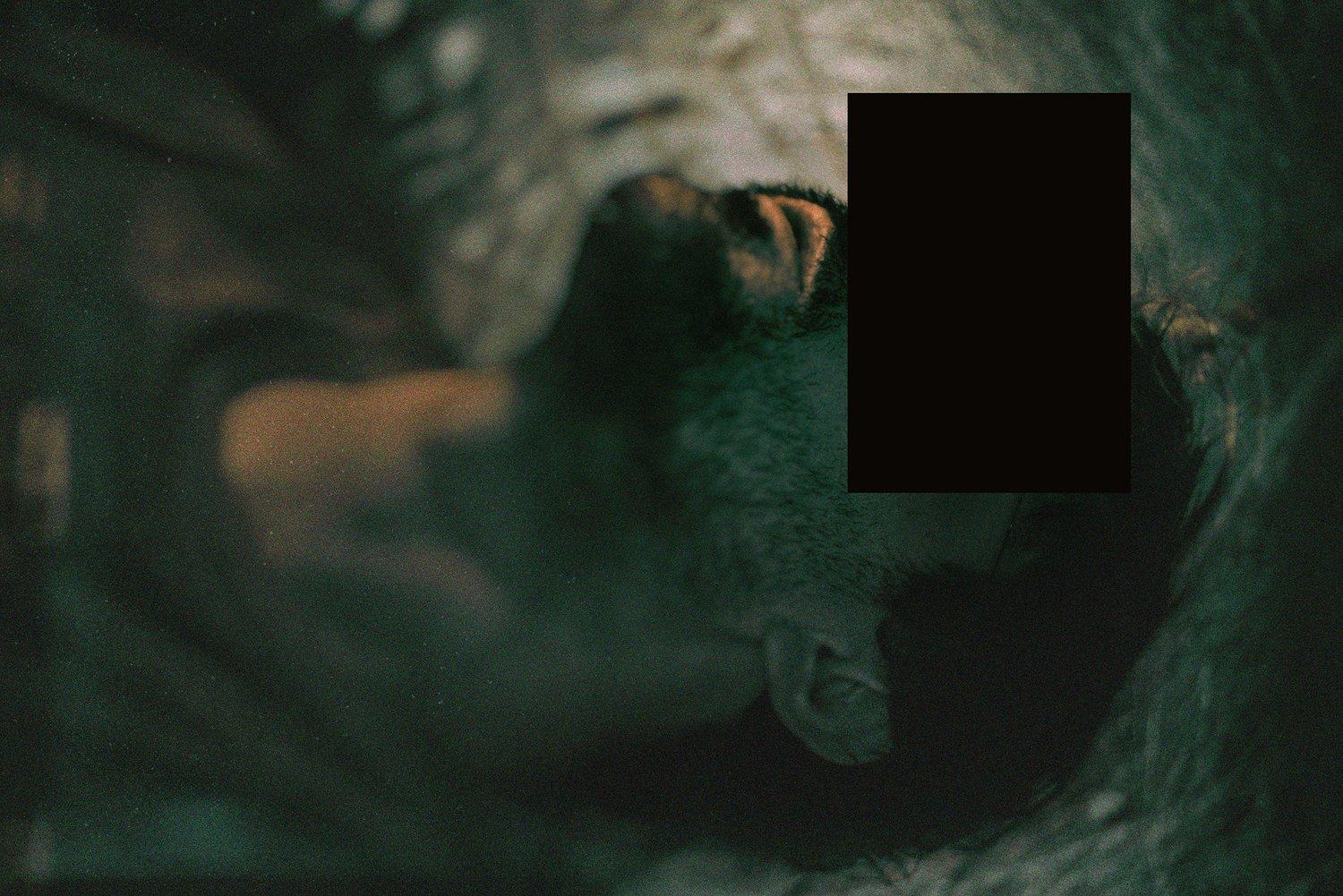
Nadia Bou Ali, "Living with Ghosts", Parapraxis magazine, 2024.
Nadia Bou Ali reflects on the omnipresence of death in contemporary conflict zones, where mass casualties render individual deaths banal and unmemorialized. She discusses how this environment leads to a "collectivization of the experience of death," transforming it into a spectacle and challenging traditional perceptions of mortality.
2

Jen Liu, "Labor, Liquidation, and Resistance: A Conversation", e-flux, 2024.
Artist Jen Liu discusses her films that blend speculative fiction with documentary elements to critique contemporary labor conditions, particularly in China. She explores themes of disappearance and liquidation, examining how these concepts relate to labor activism and the physical toll on workers' bodies.
3
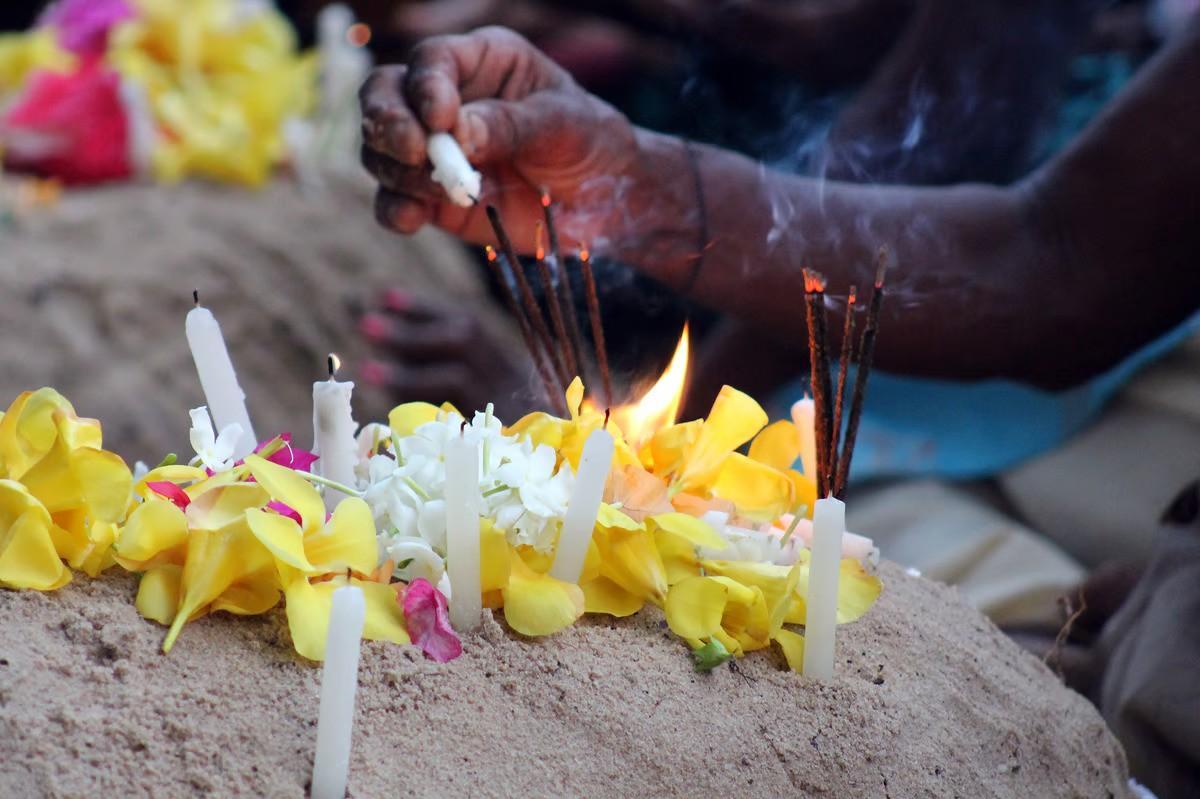
Frances Harrison, "The devastating poetry of Tamil women who fought in Sri Lanka’s civil war", Himal Southasian, 2024.
Frances Harrison explores how exiled Tamil women, including former combatants, use poetry to articulate their experiences of war, displacement, and marginalization. Through verse, these women reclaim their identities, express grief, and seek healing from the traumas of conflict and exile.
4
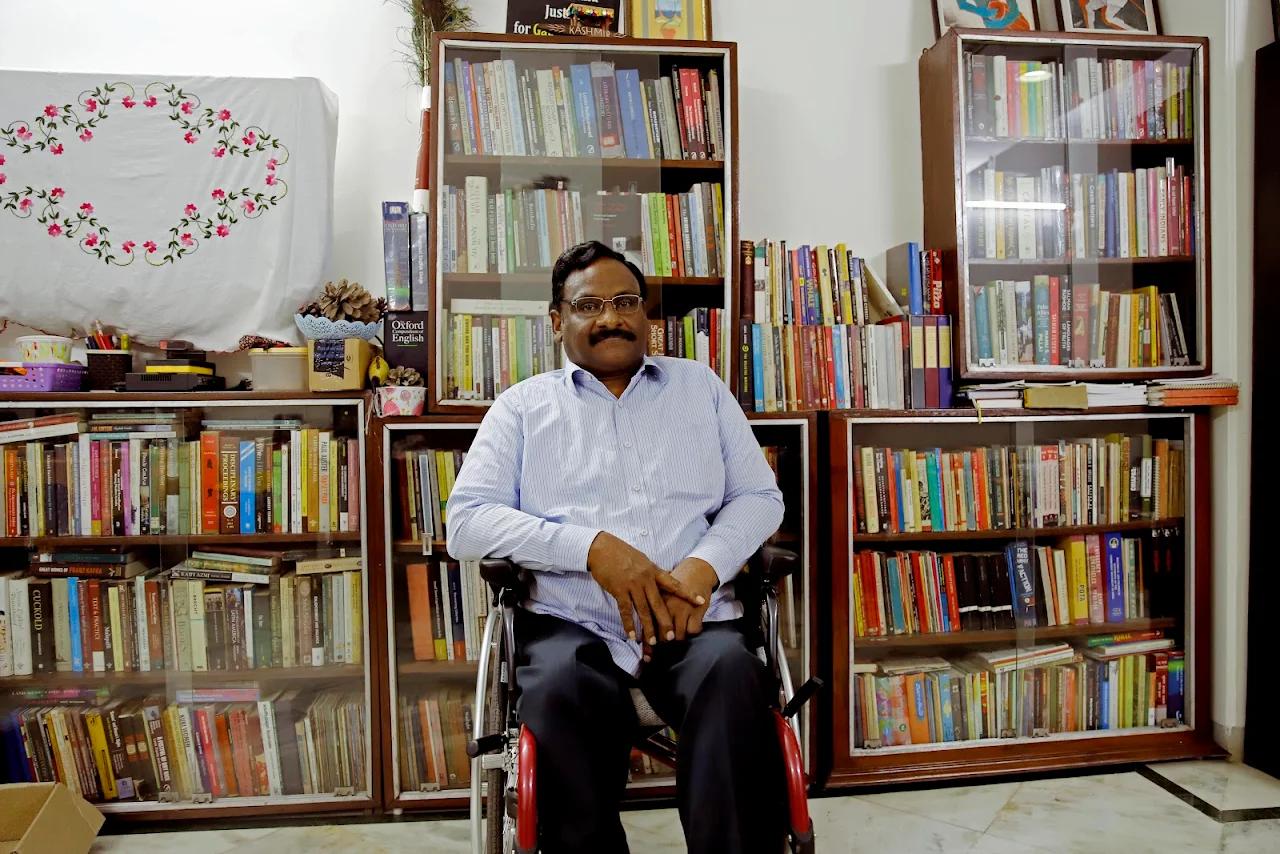
Shahid Tantray, "GN Saibaba: "Peace is not possible without justice", A final conversation on prisons and democracy, The Caravan, 2024.
In an interview with Shahid Tantray for The Caravan, G.N. Saibaba, a scholar and human-rights activist, discussed his imprisonment under the Unlawful Activities (Prevention) Act (UAPA) and his unwavering commitment to activism. He emphasized that true peace is unattainable without justice, reflecting on his experiences and the broader implications for democracy in India.
5
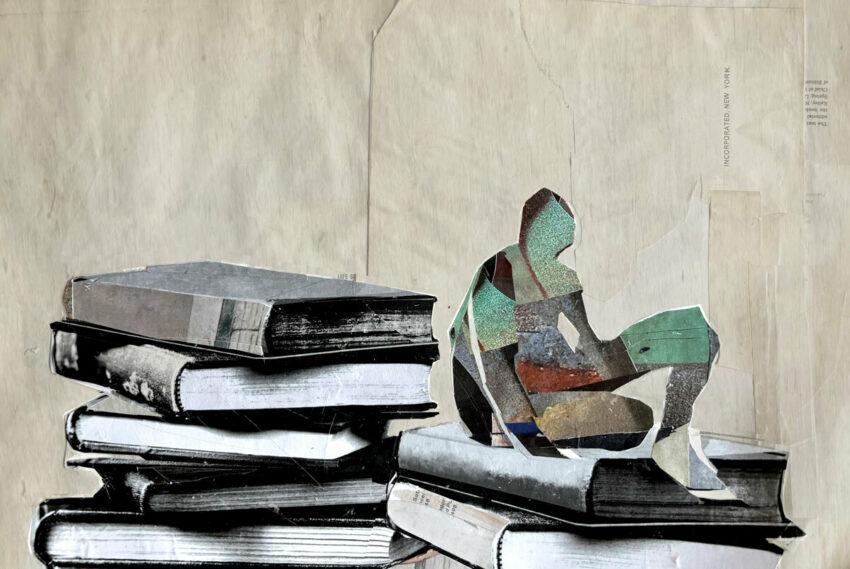
Christine Smallwood, "A Reviewer’s Life: The material constraints of writing criticism today", The Yale Review, 2024.
"If the criticism I write is always limited by the fact that it is I who am writing it, bounded as I am by material constraints, it is also true that within that limit a profound freedom of thought persists," writes Christine Smallwood for "The Moment" in The Yale Review for their new summer issue.
6
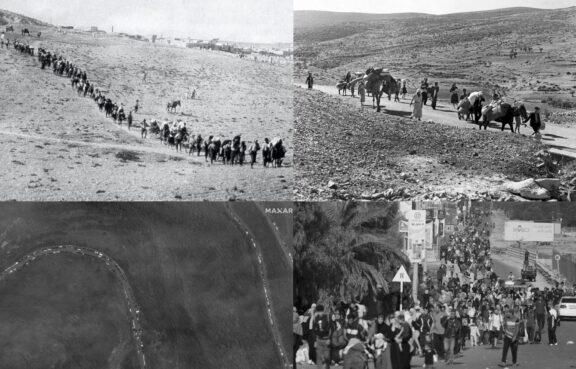
Mashinka Firunts Hakopian, "Where Scenes of Catastrophe Reappear: On Armenian and Palestinian Solidarities", Social Text Journal, 2024.
"What does it mean to be from a place in the world where scenes of catastrophe reappear from one century to the next, but remain invisible in both temporalities?" Writing on diptychs of Armenian and Palestinian catastrophes as indices of the repetition of colonial violence, Mashinka Firunts Hakopian notes also their potential for viewing the transhistorical linkages between the Armenian and Palestinian liberation struggles, and their demand the cultivation of solidarities, and a praxis of collective witnessing and coalitional action.
7
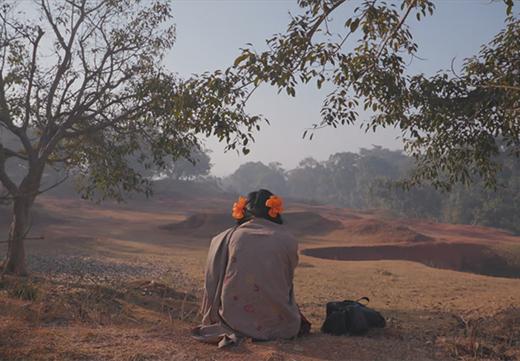
Anna M M Vetticad, "The ethical and legal violations of the Oscar-nominated ‘To Kill a Tiger’ ", Himal Southasian, 2024.
Journalist Anna M M Vetticad brings to fore the legal and ethical dilemmas of visual narratives around sexual assault. Through a socio-legal critique of the award-winning documentary To Kill A Tiger, about a father's quest for justice after his 13-year old daughter was gang-raped in a village in Jharkhand in 2017, situated within the context of the Protection of Children from Sexual Offences Act, she sheds light on the responsibility of the artist-activist, particulalry when navigating the tension between narration and intervention.
8
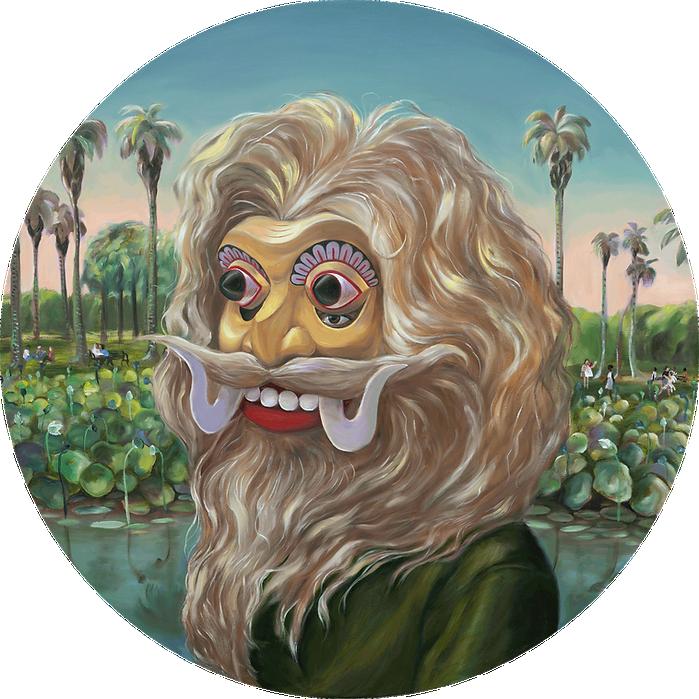
Kaashif Hajee, "Saffronizing Bollywood", South Asian Avant-Garde, 2024.
An anthropologist explores Bollywood creatives to trace BJP's carrot-and-stick strategy with Bollywood creatives: both controlling and regulating Bollywood in order to create a consistent and normative film culture that perpetuates Hindutva ideology.
9
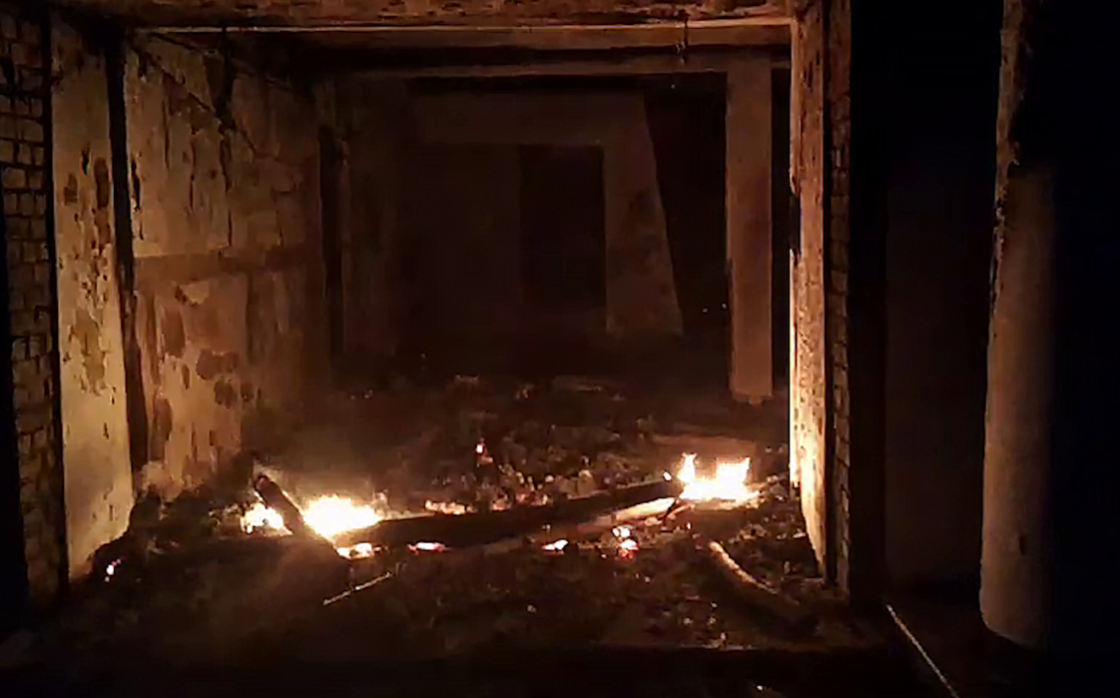
Naeem Mohaiemen, "A Burning House on Road 32", e-flux, 2024
"When future generations want to hear the story of the birth of Bangladesh, how will we navigate all those moments that centered around this house in the late 1960s and 1970s?," Naeem Mohaiemen asks, reflecting on the vanishing archives and mob justice in the aftermath of the spectacular fire that set ablaze the historic residence and museum of Sheikh Mujibur Rahman, following Sheikh Hasina's resignation.
10
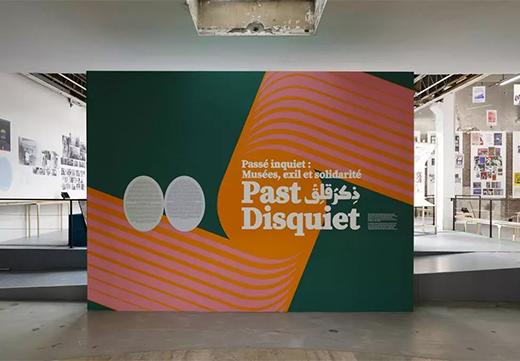
Rahaab Allana, "Art and the political imagination" Frontline Magazine, 2024.
An ongoing exhibition in Paris upholds Palestinian right to statehood by displaying works by artists from populations uprooted or exiled by violence.
11
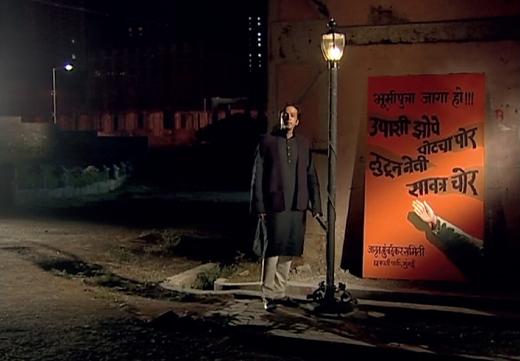
Caroline Herbert, "Documentary Form and Spectral Citizenship in Madhusree Dutta’s 7 Islands and a Metro", BioScope: South Asian Screen Studies, 2023.
Despite its aesthetic experimentation, its intervention into urgent questions about citizenship and belonging in contemporary India, and its attention to the most iconic of Indian cities, Mumbai, Madhusree Dutta’s 2006 documentary film 7 Islands and a Metro—and Dutta’s work more broadly—has yet to receive the critical attention it demands. Addressing this gap, this article examines Dutta’s use of spectrality to structure her search for a documentary form that makes room for Mumbai’s marginalised subjects to narrate themselves into its representational histories and contemporary spaces.
12
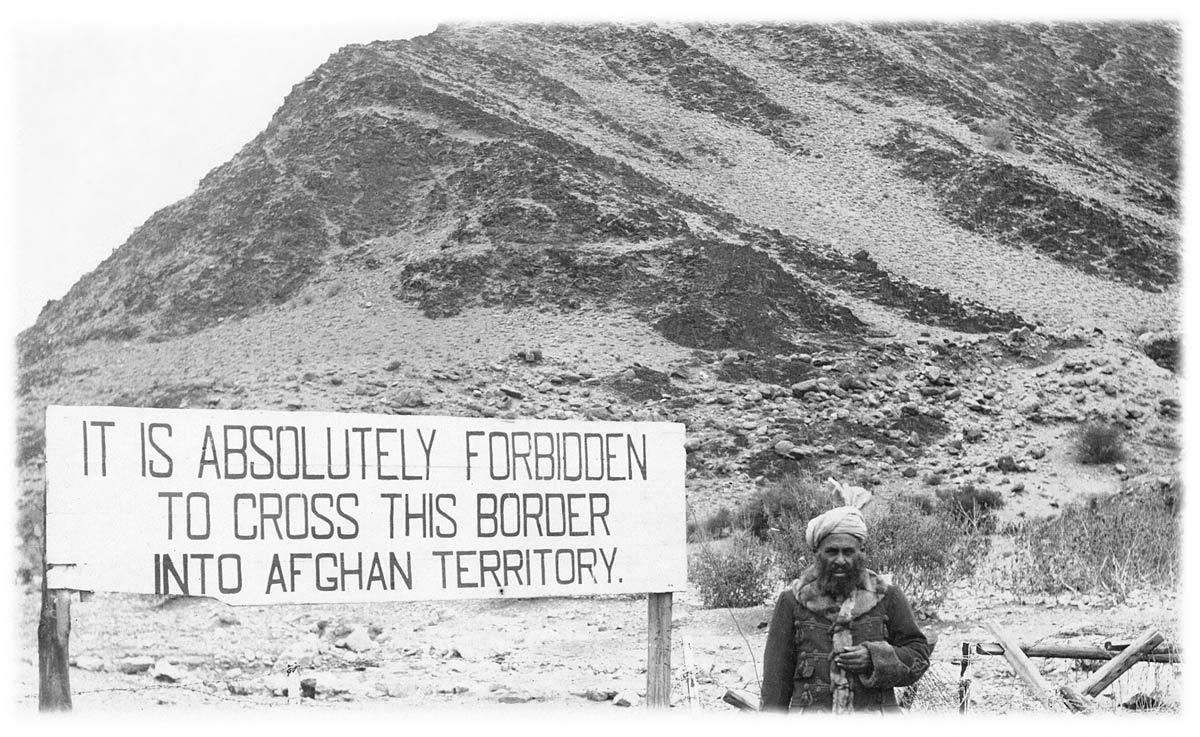
Jatin Gulati, "Notes on Southasian photography beyond borders", Himal Southasian, 2023.
Jatin Gulati writes on Rahaab Allana’s 'Unframed' and the way it explores how lens-based practices confront the divided realities of South Asia, yet also point to the region’s overlaps and entanglements.





